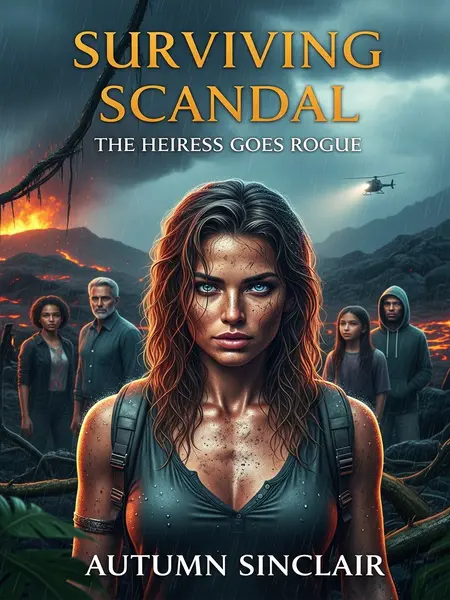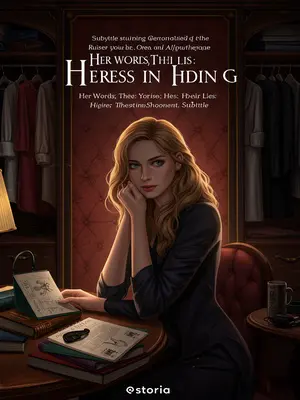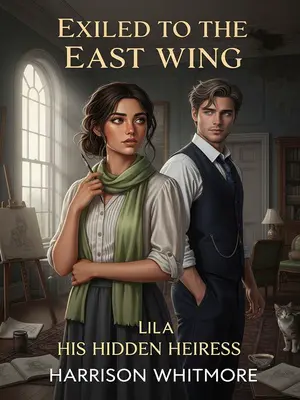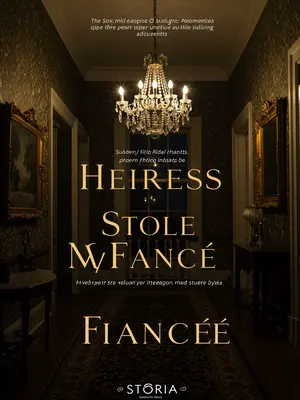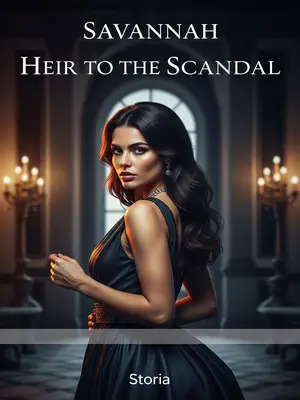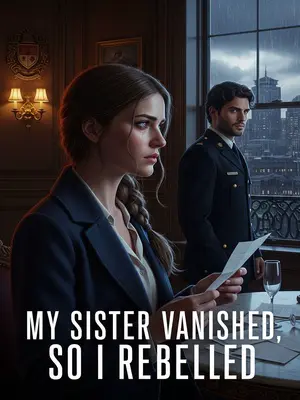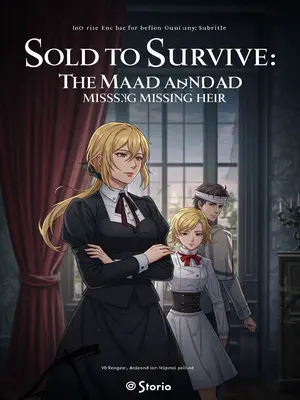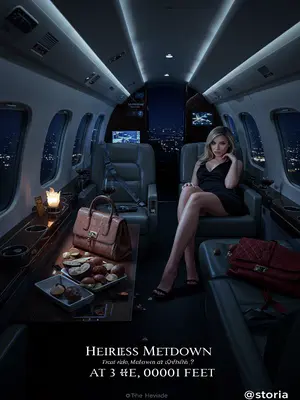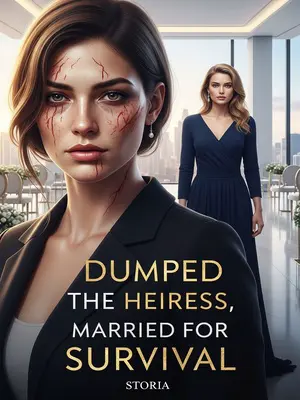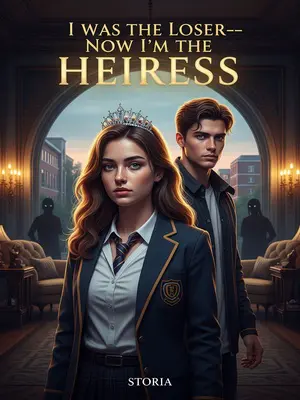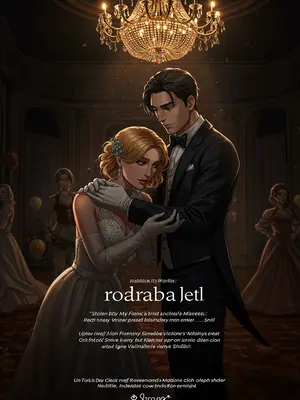Chapter 4: Thirst, Trust, and a Toxic Truth
The next morning, we woke to the sunrise over the ocean.
The sky was streaked with pink and gold, and the air was crisp. I stretched, feeling surprisingly rested.
The crew announced the day’s challenge.
“Work together to cross the forest. There’s a freshwater source at the foot of the volcano. If you reach it before sunset, you succeed.”
The map flashed on our phones, and we gathered around to strategize.
This was a team challenge, but opinions differed.
Harrison suggested, “Let’s head straight for the volcano—shortest distance.” He traced a line on the map, looking every bit the action hero.
Mr. Carter argued, “Go west along the beach to minimize time in the forest, then cut through when we’re closest.” He tapped his phone, citing safety and efficiency.
I asked, “Why west?”
“Less vegetation, so it’s safer.”
I disagreed. “We should go east along the beach, then cut through when we’re closest to the volcano. East-facing plants get more sun, so there’s more water stored in the trees. The water source is probably on the east side.”
I could see the others weighing my logic. Sometimes, it pays to know your geography.
A straight line is risky, the west is too safe, but the east gives us the best chance at water.
We voted and chose my plan.
I felt a little proud—maybe I was finally earning some respect.
But now we had a problem—water was running low.
The pit I’d set up last night had yielded a full beer bottle of water, but the three male guests all declined.
Harrison: “I’ll tough it out—maybe we’ll find water ahead.”
Mr. Carter: “Let the girls have it.”
Tyler: “Uh… you girls drink it.”
I realized—they were grossed out that the water was filtered through a pad and stockings.
The two girls also shook their heads.
Fine. I poured the water into my plastic bottle and drank the rest myself.
Honestly, in survival situations, who cares? People in the desert drink their own urine if they have to.
Apparently, I was the only one who really understood survival.
I shrugged, then took a long drink, savoring the coolness. It tasted like victory.
As we traveled, the others became visibly dehydrated and exhausted, while I was still full of energy.
Bailey was the first to crack.
“Autumn, can I have some water?”
“Of course!”
I handed her my bottle—still more than half full.
She didn’t care how it was filtered, just gulped it down.
“Hey, it’s kind of sweet!”
I smiled. “You think water from the soil is dirty? I filtered it through sand, so it’s basically mineral water. Also, pads are made to high sanitary standards—cotton-based, sterilized at high temperatures, way cleaner than tissues.”
I could see the lightbulb go off in Savannah’s eyes. She nodded, thoughtful.
Hearing that, Savannah also asked for water.
I split the rest into three portions for them, so we all made it through the morning.
I felt a little smug, watching the others finally trust my methods.
By noon, Tyler was totally spent—lips white from thirst, feet dragging.
“Are we just going to keep walking like this?”
No one answered—we were all conserving energy.
He came over and tugged my sleeve.
“Autumn, do you have any water left?”
He’d given me a third of his water yesterday, so he’d had the least to drink.
I handed him my bottle. “Two sips left. Take it.”
He gave me a grateful look.
“I owe you one. After this, if you ever need anything, just ask—I’ll help however I can.”
I grinned. Is this what they call a bond forged in adversity?
Another hour passed.
Just as everyone was about to give up, Harrison shouted, “Coconut trees! There’s a grove of coconuts!”
We were saved.
The relief was instant. We ran, stumbling over roots, toward the promise of water and food.
Dozens of coconut trees—some tall, some leaning at 45 degrees toward the sea—all loaded with ripe coconuts.
Harrison climbed up and knocked down a dozen in no time.
He moved like a pro, tossing them down to us with a grin.
Mr. Carter borrowed my fruit knife to make a hole, and we all guzzled the coconut water. Then we cracked them open with rocks and ate the flesh for lunch.
It tasted like heaven. I could feel my strength returning with every bite.
Maybe we were traumatized by thirst, but everyone filled their bottles with coconut water, determined never to go without again.
I watched as even Savannah, usually so prim, filled her bottle to the brim.
While we rested, I dug a pit in the sand, filled it with dry branches, leaves, and coconut shells.
Mr. Carter asked, “What are you doing now?”
“Making activated charcoal. Burn the coconut shells, then bury them in sand. In half an hour, we’ll have charcoal for filtering water.”
“With charcoal, we won’t need pads and stockings anymore.”
Mr. Carter stared at me. “Did you learn this from the Discovery Channel too?”
I nodded. “Probably!”
He laughed, shaking his head in disbelief.
Half an hour later, I filled the beer bottle with charcoal pieces.
They were light, almost powdery, perfect for filtering.
After a good rest, we set out again.
Now it was time to cross the forest.
The crew sent out cameramen and three drones to follow us.
I could hear the buzz overhead, and the crunch of leaves underfoot. The forest was alive with the sounds of birds and distant surf.
The island was wild and uninhabited, the forest almost primeval, full of small animals and real dangers.
I could feel eyes watching us—probably monkeys or wild pigs. The air was thick with humidity and the scent of earth.
Harrison volunteered to lead, with the rest of us following.
He strode ahead confidently, a sturdy branch in hand. I hung back, watching for signs of danger.
But I noticed we were taking a winding route—aiming for the volcano, but forced to detour around cliffs and steep slopes.
At this rate, we might not make it by sunset—or even by tomorrow.
I finally spoke up. “Harrison, let me take the lead. You bring up the rear, and Mr. Carter and Tyler can each look after a girl.”
He hesitated, but I could see he was starting to trust my judgment.
Harrison frowned. “Leading is important—if you go the wrong way, we could get lost.”
I picked up a stick and searched the ground.
“Look—this is scat from a wild animal. Animals need water too. If we follow their tracks, we’ll find the water source.”
I pointed out the tracks, showing them the way the ground was pressed down. Years of practice made it second nature.
Harrison looked at me like I was from another planet. “You know this stuff?”
He sounded impressed, maybe even a little jealous.
“Yeah, I learned it from an outdoor expert when I was exploring the Amazon rainforest.”
“You’ve been to the Amazon?”
He looked at me like I’d just told him I’d climbed Everest.
“I’m kind of wild. I’ve been to the Amazon and even jungles in Africa.”
Everyone looked at me like I was a monster.
Bailey’s mouth hung open, and even Savannah was speechless.
To earn their trust, I revealed a bit of my background.
“I have an international Red Cross first aid certificate, I’m a member of an international emergency rescue organization, plus I have an AOW diving certificate, a climbing certification, a small-aircraft pilot’s license, and a USPA skydiving license…”
I listed them off, watching their eyes grow wider with each one. (Quick primer: AOW is Advanced Open Water diving; USPA is the U.S. Parachute Association—think skydiving. Not just for show.)
The guests and viewers were floored—
Wow, Autumn Sinclair is next-level, right up there with Bear Grylls.
Those certificates are expensive—when did she get them all?
I’m a climber, and I checked—she really is a legend in a foreign climbing association.
The director was stunned. They thought they’d cast a rookie, but got a pro.
I could see the crew whispering to each other, probably rethinking the whole premise of the show.
Seeing everyone’s shock, I swallowed. “Did I say too much?”
I tried to play it off, but the cat was out of the bag.
My secret was out. Harrison gave me a respectful “please go ahead.”
He stepped aside, letting me take the lead. I felt a surge of pride.
So I took the lead, following animal tracks and signs.
I moved quietly, scanning the ground and listening for running water.
An hour later, we reached the volcano’s base and found a pond, with two tents already set up nearby.
We cheered—it hadn’t been easy, hiking nearly twelve miles through dense forest.
I could see tears in Savannah’s eyes. Bailey hugged me, and even the guys looked relieved.
Savannah was so moved she cried, hugging me and jumping for joy.
I patted her back, laughing. “Hey, don’t mess up my hair.”
But I noticed something odd.
The area around the pond was spotless—not even weeds. And there was a faint smell of rotten eggs in the air.
I wrinkled my nose. Something wasn’t right.
Bailey was about to drink from the pond, but I stopped her. “Wait!”
She froze, bottle in hand. I crouched down to inspect the water.
I inspected the water—no fish at all.
That was a red flag. Healthy water always has something living in it.
I cupped some water and sniffed. “This water’s full of sulfur—you can’t drink it!”
I poured it out, showing the others the faint yellow tint.
The staff probably hadn’t noticed, since they drank bottled water.
I could see the crew glancing at each other, suddenly realizing their oversight.
“So what do we do?”
We’d finally found water, but couldn’t drink it. Talk about frustrating.
“Don’t worry, I’ve got it.”
I got to work, using my supplies like a mad scientist.
I cut the bottom off my plastic bottle, stuffed a new stocking in the neck, layered in pond-washed sand and charcoal on top.
“A three-layer filter. Good thing we made charcoal from coconut shells—it’ll filter out the sulfur.”
Mr. Carter nodded. “Right, activated charcoal is what filters toxins in gas masks.”
He sounded impressed, and I could tell the others were taking notes.
I poured pond water into the top, and clear water came out the bottom.
I tasted it. “No sulfur.”
I handed the bottle around, encouraging the others to try. Slowly, they took cautious sips.
Everyone was still reluctant to drink filtered water.
I reminded them, “This pond isn’t useless—soaking in it will get rid of mites and rashes.”
I could see the relief on Bailey’s face. She was already scratching her arms.
The director announced good news.
“Congratulations on reaching today’s goal! The tents contain swimsuits, hiking pants, and quick-dry clothes. Enjoy a soak in the pond.”
The crew tossed us bags of clothes, and we cheered like we’d won the lottery.
After two days without a bath, everyone was thrilled. We changed and dove into the pond, splashing and playing like kids.
The water was warm and soothing. Even Harrison did a cannonball, sending waves everywhere.
Maybe feeling sorry for us after two days without food, the crew used a drone to drop a supply box with instant rice meals—complete with water for cooking.
The box landed with a thud, and we tore into it like hungry wolves.
After some fussing, we finally had a hot meal.
Rice had never tasted so good. I could see everyone’s spirits lift with every bite.
But the crew also announced the next challenge.
“Tomorrow is a team race. Choose your own path. At 8 a.m., the first team to reach the volcano crater wins a million-dollar prize.”
The prize money was enough to make even the most tired among us perk up.
Now the real test began.
Climbing the volcano was no joke.
I glanced up at the peak, shrouded in mist. My heart raced with anticipation.
The crew gave us three possible routes. That night, we discussed which to take.
We pored over the maps, debating the pros and cons of each path.
Strangely, both Harrison and Mr. Carter’s teams decided that no matter which route I picked, they’d follow me.
I finally realized I’d earned their trust after the past two days.
It felt good to be the leader, even if just for a moment.
Winning didn’t matter—what mattered was making it safely to the top.
The money was nice, but survival came first. I could see the determination in everyone’s eyes.
With tents to sleep in and everyone exhausted, the men and women split into two tents and quickly fell asleep.
I lay awake for a while, listening to the wind and thinking about how far we’d come.
